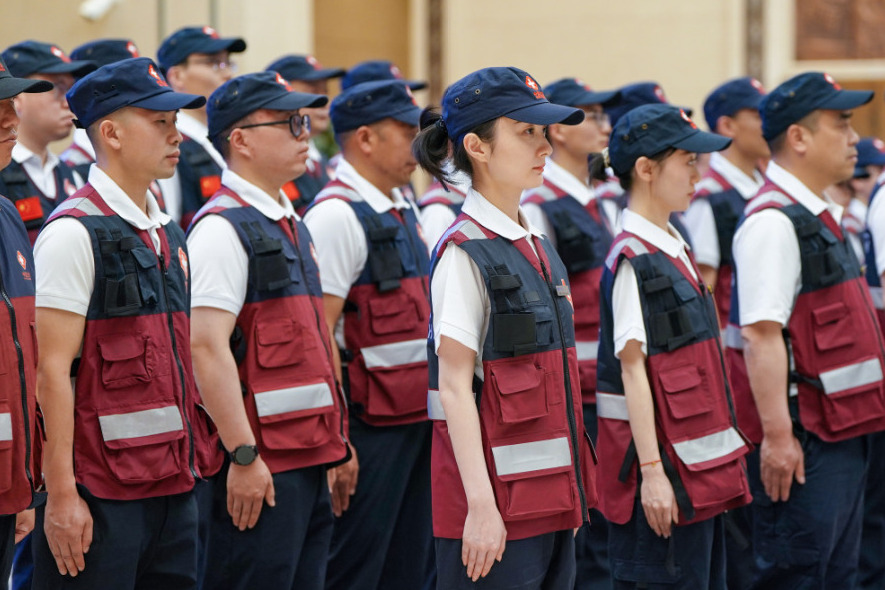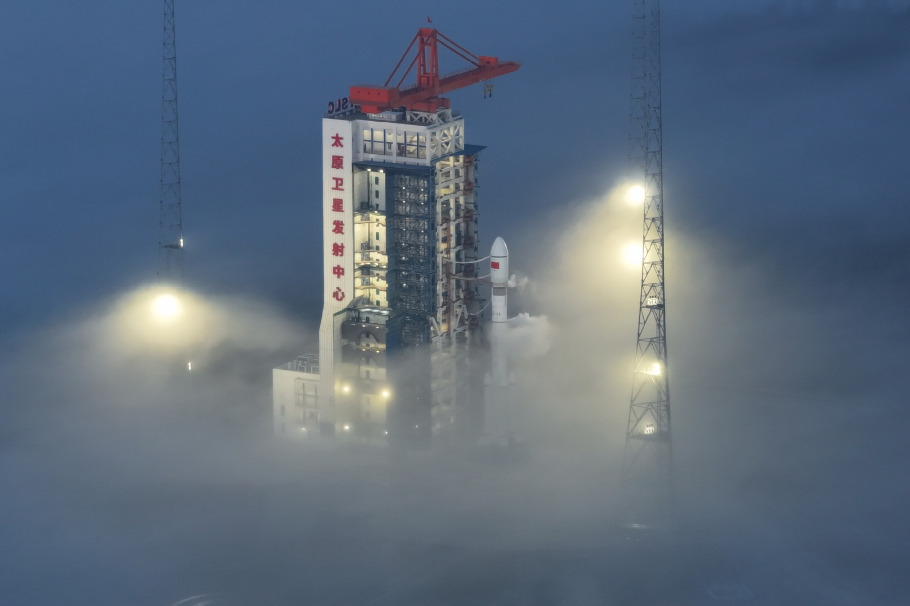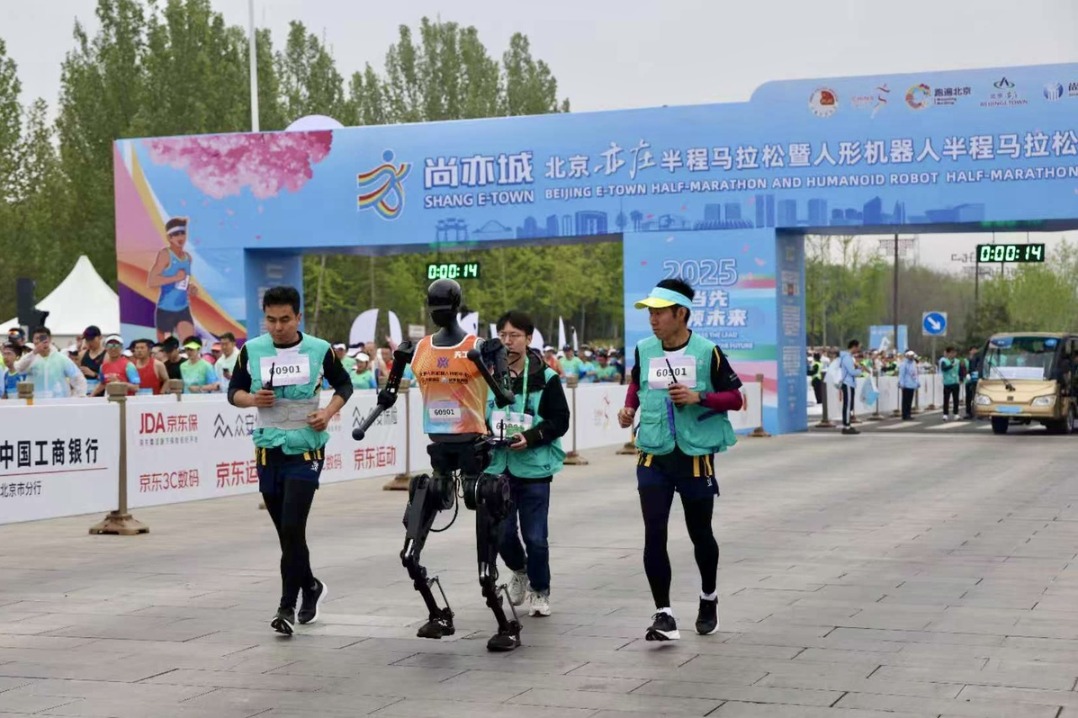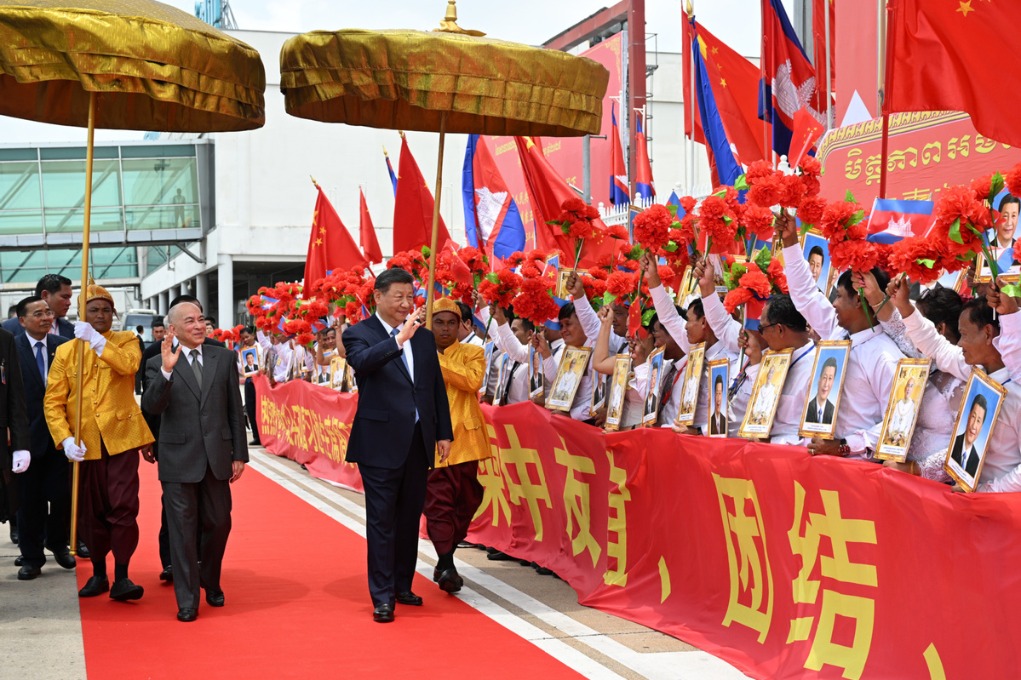Hong Kong workers reel as minimum wage frozen


Defending the freeze, the Minimum Wage Commission said the purchasing power of the grassroots has not been affected because the rate of the last pay rise was higher than the inflation rate during the same period. The last increase by 8.7 percent took effect in May 2019, from HK$34.5 in 2017.
Hong Kong's composite consumer price index surged by 2.4 percent and 2.9 percent in 2018 and 2019, respectively. It plunged to 0.3 percent last year during the economic downturn fueled by the pandemic. Underlying consumer price inflation is forecast at 1 percent for this year, the government said.
Lam Chun-sing, president of the Federation of Hong Kong and Kowloon Labour Unions, said although inflation has been moderate in the past two years, the grassroots can hardly maintain their purchasing power and living conditions, with daily expenses, such as public housing rents, continuing to go up.
The biggest expenditures, on food and public housing rent, grew way faster than the overall figure and hit 4.9 percent and 7.1 percent in 2019, and 3.4 percent and 7.1 percent in 2018.
Meanwhile, the median income level during the same period increased by about 10 percent, indicating the local wealth gap could have widened.
Although only 16,500 people were paid the minimum wage as of June last year, there were 139,800 workers in Hong Kong who got HK$41 per hour or less, accounting for about 5 percent of the working population.
Lenny, a 52-year-old woman who worked for a currency exchange store in Sham Shui Po, said she was paid HK$40.7 for her six-day, nine-hour job and was struggling to make ends meet. To make matters worse, she lost her job in late February.
She said the prices of some daily necessities have risen sharply since the pandemic began. Members of her family, who live in a public housing flat for a monthly rent of HK$2,578, are looking for new income sources while applying for government subsidies to help tide them over.
"It's unsatisfactory without any wage increase over a stretch of four years. The government should start reviewing the minimum wage level when the economy recovers or inflation returns in the second half of this year," said Lam.























